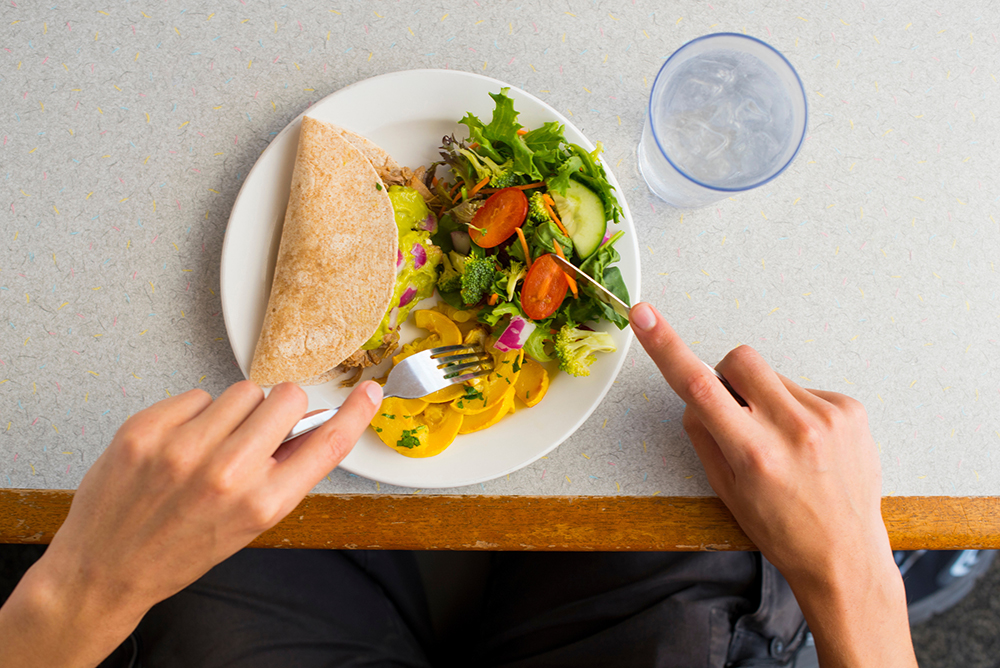Solutions to address the global obesity epidemic are urgently needed. Research has shown that tracking one’s weight and dietary intake significantly improve success toward weight loss and maintenance goals. However, this type of tracking is burdensome, prone to error, and difficult to estimate for restaurant foods, a known driver of obesity. Numerous efforts across the globe are underway to solve this problem however there is no tool available that accurately and automatically estimates foods left unconsumed in a meal. The “i-DINE: Improving Digital Imaging for Nutrient Evaluation” study is a 2-year project funded by the National Institutes of Health, National Cancer Institute, aims to fill this gap.
This project will develop a novel platform that integrates nutrition science, computer science, and engineering. The only input needed for this system is a video of the food a person eats. The platform then uses an algorithm developed in this study to estimate consumption. There is no need to enter any data on what or how much of the food was consumed.
- Phase 1 of this study investigated the accuracy of the platform for quick service restaurant food items. Trained research assistants collected videos of the menu items to build the database and test the accuracy of the system.
- Phase 2 of this study involves participants taking photos of specific food items consumed.
- Phase 3 expands the system to include foods consumed under ‘free living’ conditions, not just menu items from quick service restaurants.
This study has the potential to yield a rapid, reliable, valid, and cost-effective tool for assessing dietary intake, revolutionizing diet tracking worldwide.


